Harvard International Law Journal
2023 Symposium
Register now at tinyurl.com/ILJRegister
For a campus map and directions, please visit the HLS website here.
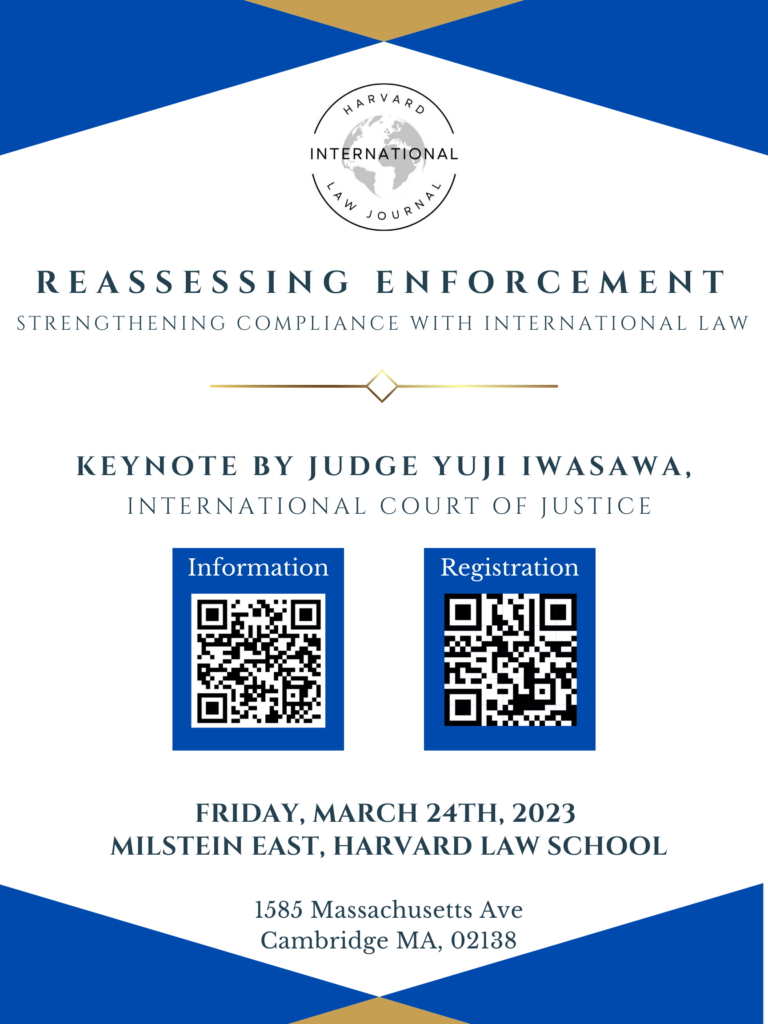
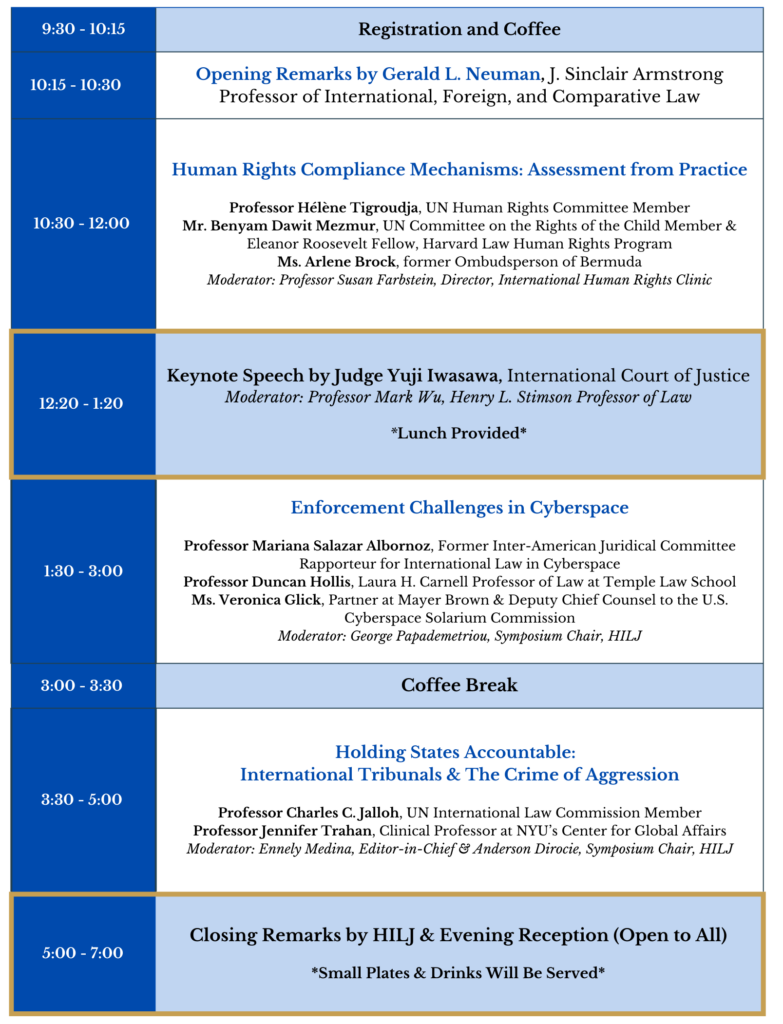
[hr gap=”10″]
Human Rights Compliance: Challenges from Practice
Professor Hélène Tigroudja
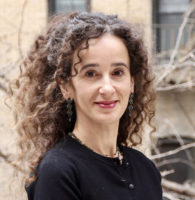
Hélène Tigroudja is a member of the UN Human Rights Committee and Law Professor at Aix-Marseille University (France), Co-Director of the Law School’s Master Program of International Law, Director of the Summer School on Practice of Human Rights and Expert on reparations before the International Criminal Court. Since 2002, she has participated in expert and field missions around the world for the United Nations, the Council of Europe, the Inter-American Court of Human Rights, UNESCO and the European Union, among others, on human rights issues. A senior Research Fellow (Hauser Global Professor) at New York University (NYU) since September 2017.
Her main areas of expertise, teaching and research cover a wide range of human rights issues: international and regional human rights law, mass violations, women’s rights, migration, reparations, immunities of States and international organizations, law of armed conflict, domestic implementation of international obligations, counter-terrorism, etc. She is the co-author with Prof. Ludovic Hennebel of a treatise in international human rights law published in French (Pedone, Paris) in 2016.
Professor Benyam Dawit Mezmur
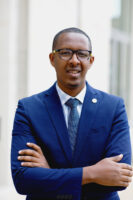
Benyam Dawit Mezmur is currently Eleanor Roosevelt Fellow at the Harvard Law School, Human Rights Program. He is a Professor of Law at the University of the Western Cape in Cape Town, South Africa, and serves as Deputy Dean for Research and Post-Graduate Studies at the Law Faculty. He is also Coordinator of the Children’s Rights Project at the Dullah Omar Institute for Constitutional Law, Governance, and Human Rights, at UWC.
Since 2012, he is serving on the United Nations Committee on the Rights of the Child, and served its Chairperson from 2015-2017. Within the Committee, he has served as coordinator of various working groups including on SDGs; on a communications procedure (OPIC); and the Working Group that co-drafted (with the Committee on Migrant Workers) the joint General Comment on children’s rights in the context of international migration. During his time as Chairperson (2016), the Committee held its Day of General Discussion on children’s rights and the environment.
At the regional level, Benyam served on the African Committee of Experts on the Rights and Welfare of the Child, a treaty body of the African Union, for a little over a decade (from 2010-2021). He served as its Chairperson twice (2012-2014 and 2015-2017) and was focal person on violence against children and later served as its special rapporteur on children and armed conflict.
Ms. Arlene Brock
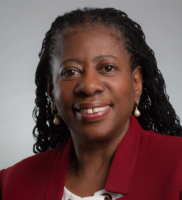
Arlene Brock served as Bermuda’s first national ombudsperson, she led the African Ombudsman Research Centre in South Africa, a training and advocacy organization for 40 ombudsmen and their staff on the African continent. Ms. Brock is an alumna of Harvard Law School her she obtained a Master of Laws (LLM) in 1991. She served as a Fellow (2019) and Senior Fellow (2020) of the Advanced Leadership Initiative at Harvard University where she worked on the development of a a ‘visual podcast’ series to present counter-narratives to the negative stereotypes of Black peoples that have persisted over the past four centuries. Previous professional work includes serving as a family magistrate, a mediator for union negotiations, an employment arbitrator, and an insolvency litigator.
Edward A. Smith Lecture – H.E. Judge Yuji IWASAWA
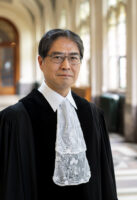
H.E. Judge Yuji IWASAWA has been a Judge of the ICJ since June 2018.
Judge Iwasawa is an alumnus of Harvard Law School. He studied here 45 years ago (1977-1978) to obtain an LL.M. He holds an S.J.D. from the University of Virginia and an LL.B. from the University of Tokyo. He is currently also a Vice-Chair of the London-based International Law Association and a member of the Institut de droit international.
Prior to his election, he was a professor of international law at the University of Tokyo Faculty of Law. He served on the Human Rights Committee under the ICCPR for nearly 12 years. He was elected as its Chairperson twice (2009-2011, 2017-2018). He was also formerly President of the Japanese Society of International Law, Judge of the Asian Development Bank Administrative Tribunal, and a member of the U.N. Permanent Forum on Indigenous Issues.
He was also a Visiting Fellow at the Lauterpacht Centre for International Law at the University of Cambridge three times (1991-1993, 1997, 2000-2001), a Visiting Fellow at the University of Paris (2015-2016), and a Visiting Professor at Columbia Law School (2014). He has also lectured at The Hague Academy of International Law (2002).
His books include: “International Law”, a standard textbook on international law in Japanese, published in 2020; “Domestic Application of International Law” published by Nijhoff last year; “International Law, Human Rights, and Japanese Law” published by Oxford University Press in 1998; and “WTO Dispute Settlement” published in 1995. The last book was the first of its kind in the world but it is not so well-known because it was published in Japanese.
Enforcement Challenges in Cyberspace
Professor Mariana Salazar Albornoz

Mariana Salazar Albornoz is a Professor of International Law, International Humanitarian Law and International Criminal Law at Universidad Iberoamericana in Mexico City. She recently concluded her 4-year mandate as a Member of the Inter-American Juridical Committee of the Organization of American States, where she served as Rapporteur on International Law Applicable to Cyberspace, promoting further transparency and understanding of the topic among the American States. She also served as Rapporteur on Privacy and Data Protection in the same Committee.
Ms. Salazar is currently a Member of the ICRC’s Global Advisory Board on the Protection of Civilians from Digital Threats during Conflicts, as well as of the Editorial Board of the International Review of the Red Cross. She has been recently appointed by the UN Secretary-General as Member of the Board of the UN Register of Damage Caused by the Construction of the Wall in the Occupied Palestinian Territory. She is an Academic Programs Associate for the Auschwitz Institute for the Prevention of Genocide and Mass Atrocities. Previously, she served for 13 years at the Ministry of Foreign Affairs of Mexico as, among others, Coordinator of International Law. Ms. Salazar holds a Law degree from Universidad Iberoamericana and a master’s degree in International Law from the Graduate Institute of International and Development Studies in Geneva. She is also a member of the International Law Association and of the Mexican Council on Foreign Relations.
Professor Duncan Hollis
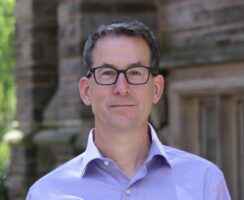
Duncan B. Hollis is Laura H. Carnell Professor of Law at Temple Law School and co-faculty director of Temple’s Institute for Law, Innovation & Technology (iLIT). His scholarship engages with issues of international law, interpretation, and cybersecurity, with a particular emphasis on treaties, norms, and other forms of international regulation.
Together with Oxford University Professor Dapo Akande, he is co-convenor of the Oxford Process on International Law Protections in Cyberspace and its accompanying Compendium. He is a non-resident Scholar at the Carnegie Endowment for International Peace, an appointed member of the U.S. Department of State’s Advisory Committee on International Law, and an elected member of the American Law Institute. From 2016-2020, he served as a member of the OAS’s Inter-American Juridical Committee, including as Rapporteur for projects on binding and non-binding agreements and improving the transparency of State views on international law’s application to cyberspace.
Professor Hollis’s books include The Oxford Guide to Treaties (OUP, 2nd ed., 2020), the first edition of which received the 2013 ASIL Certificate of Merit for High Technical Craftsmanship and Utility to Practicing Lawyers; the 7th and soon to be published 8th edition of International Law (Aspen) (with Allen Weiner and Chimène Keitner); and Defending Democracies: Combatting Foreign Election Interference in a Digital Age (OUP, 2021) (with Jens Ohlin). His articles have appeared in various journals and books, including the American Journal of International Law, European Journal of International Law, Texas Law Review, Virginia Journal of International Law, and Harvard Journal of International Law.
Professor Hollis consults regularly with various States, the United Nations, and other international stakeholders on issues of international law and international relations, including advising the Microsoft Corporation on its Digital Peace agenda.
Ms. Veronica Glick
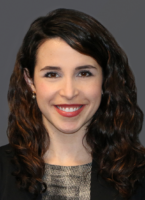
Veronica Glick is a partner in Mayer Brown’s Washington, D.C. office and a member of the firm’s National Security and Cybersecurity practices. Veronica focuses her practice on complex and cutting-edge legal issues regarding national security, cybersecurity and international law, with particular experience responding to multi-jurisdictional cyber incidents.
Veronica served on a pro bono basis as Deputy Chief Counsel for Cybersecurity and National Security to the U.S. Cyberspace Solarium Commission, a bipartisan commission established by Congress to develop a comprehensive strategy to defend the U.S. from significant attacks in cyberspace. She is also a Term Member of the Council on Foreign Relations and a member of the United Nations Experts Committee countering terrorism through information and communications technologies (ICT). Within this committee she focuses on the prevention of exploitation of ICT and initiatives to facilitate sharing of digital evidence, while protecting human rights and the right to privacy.
She received a J.D. from Columbia Law School, where she was a John Paul Stevens Public Interest Fellow and an LL.B. from the London School of Economics.
She is a partner at Mayer Brown, focusing her practice on complex and cutting-edge legal issues regarding national security, cybersecurity and international law, with particular experience responding to multi-jurisdictional cyber incidents. She served on a pro bono basis as Deputy Chief Counsel for Cybersecurity and National Security to the U.S. Cyberspace Solarium Commission, a bipartisan commission established by Congress to develop a comprehensive strategy to defend the U.S. from significant attacks in cyberspace.
Holding States Accountable: International Tribunals & Crime of Aggression
Professor Jennifer Trahan
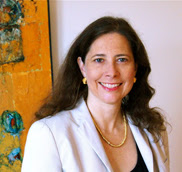
Jennifer Trahan is a Professor at NYU’s Center for Global Affairs where she directs the Concentration in International Law and Human Rights. She also serves as Convenor of the Global Institute for the Prevention of Aggression. She is a leading expert on topics of international law, international justice, and international criminal tribunals. She serves as one of the US representatives to the Use of Force Committee of the International Law Association and holds various positions with the American Branch. She also served on the Council of Advisers on the Application of the Rome Statute to Cyberwarfare. She additionally is part of a working group advising Ukraine and others on the Special Tribunal for the Crime of Aggression. Her book, “Legal Limits to Security Council Veto Power in the Face of Atrocity Crimes” (Cambridge University Press 2020) was awarded the “2020 ABILA Book of the Year Award” by the American Branch of the International Law Association.
Professor Charles C. Jalloh
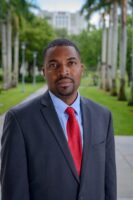
Charles C. Jalloh is a Distinguished Professor of Law at Florida International University, a member of the International Law Commission and the founding editor-in-chief of the African Journal of Legal Studies and the African Journal of International Criminal Justice. He was formerly assistant and then associate professor of law at the University of Pittsburgh School of Law, where he was selected as the Buchanan Ingersoll & Rooney Faculty Scholar for 2013-2014. He has published widely on issues of international criminal law, one of his main areas of research interest, including book chapters as well as articles in some of the leading peer-reviewed journals in the field as well as books with prestigious academic presses.
Professor Jalloh has advised states and international organizations on issues of domestic and international law in his previous role as counsel in the Crimes Against Humanity and War Crimes Section, Department of Justice Canada; the Trade Law Bureau of the Canadian Department of Foreign Affairs and International Trade; an associate legal officer in Chambers in the International Criminal Tribunal for Rwanda working on high profile cases involving the 1994 Rwandan genocide; the legal adviser to the Defense Office in the Special Court for Sierra Leone, and as visiting professional, the International Criminal Court (ICC). In 2015, he served as the first amicus counsel representing the African Union Commission in proceedings before the Appeals Chamber of the International Criminal Court.

